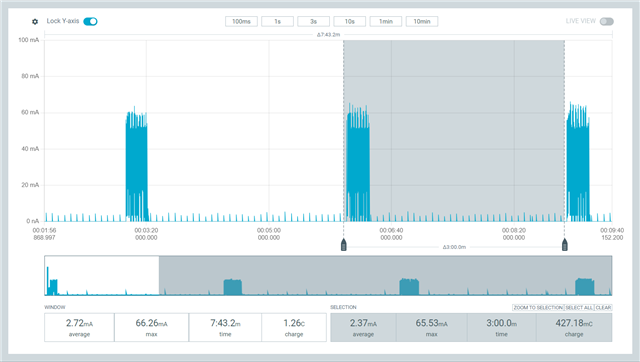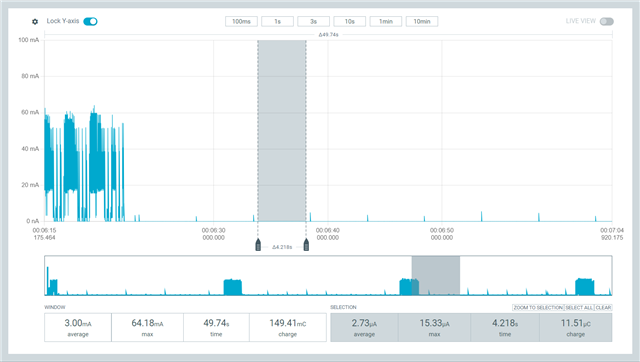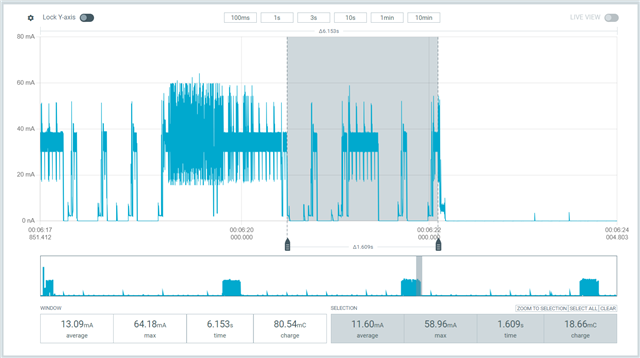To preface:
- nRF9151DK
- Modem firmware: mfw_nrf91x1_2.0.2
- nRF Connect SDK / Toolchain: 2.9.0
- Terminal app: PuTTY
- Carrier: Verizon and T-Mobile
- Device application will always initiate the data connection
Hello,
I have a few questions about PSM. I am new to PSM, eDRX, and CAT-M in general.
Question 1: Why not use proprietary PSM all the time for devices that always initiate the data connection instead of using standard PSM on the network?
It seems like using proprietary PSM all the time instead of network PSM would eliminate cases where poor cellular coverage or roaming results in the network not granting PSM mode to the modem.
Question 2: Is there documentation from Nordic that details which PSM method is better, and the pros and cons of each?
The only documentation I see is in the AT command reference guide, which is minimal: https://docs.nordicsemi.com/bundle/ref_at_commands_nrf91x1/page/REF/at_commands/intro_nrf91x1.html
The application for the product I am currently working on will send a chunk of data to a server every 3 minutes. The modem should enter its lowest power state between these 3-minute intervals after sending the data.
Thanks,
Derek





